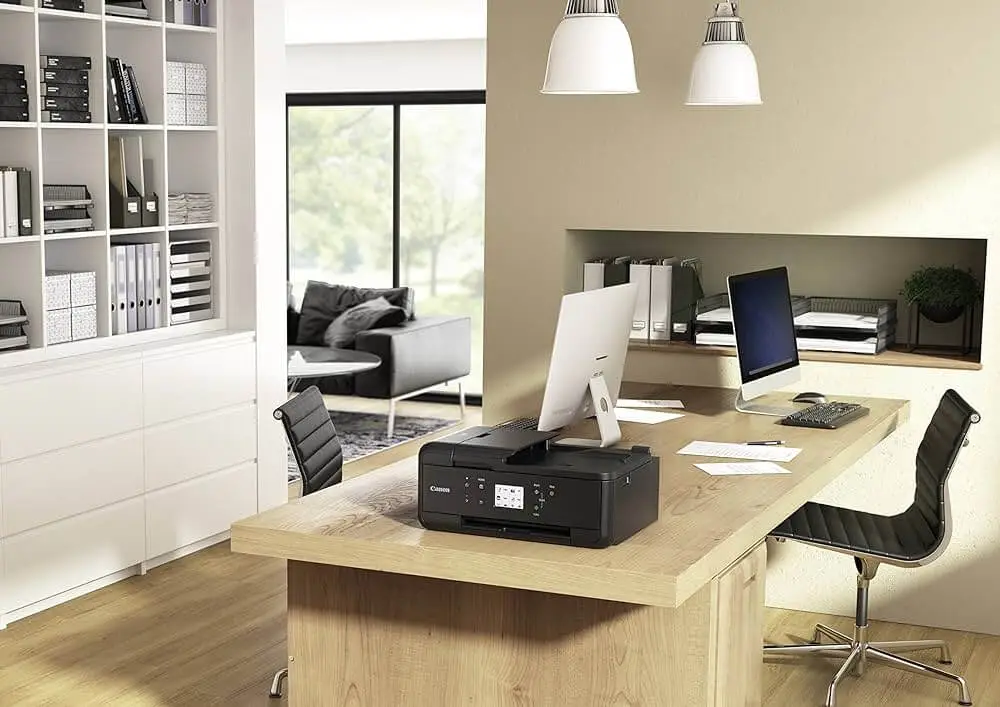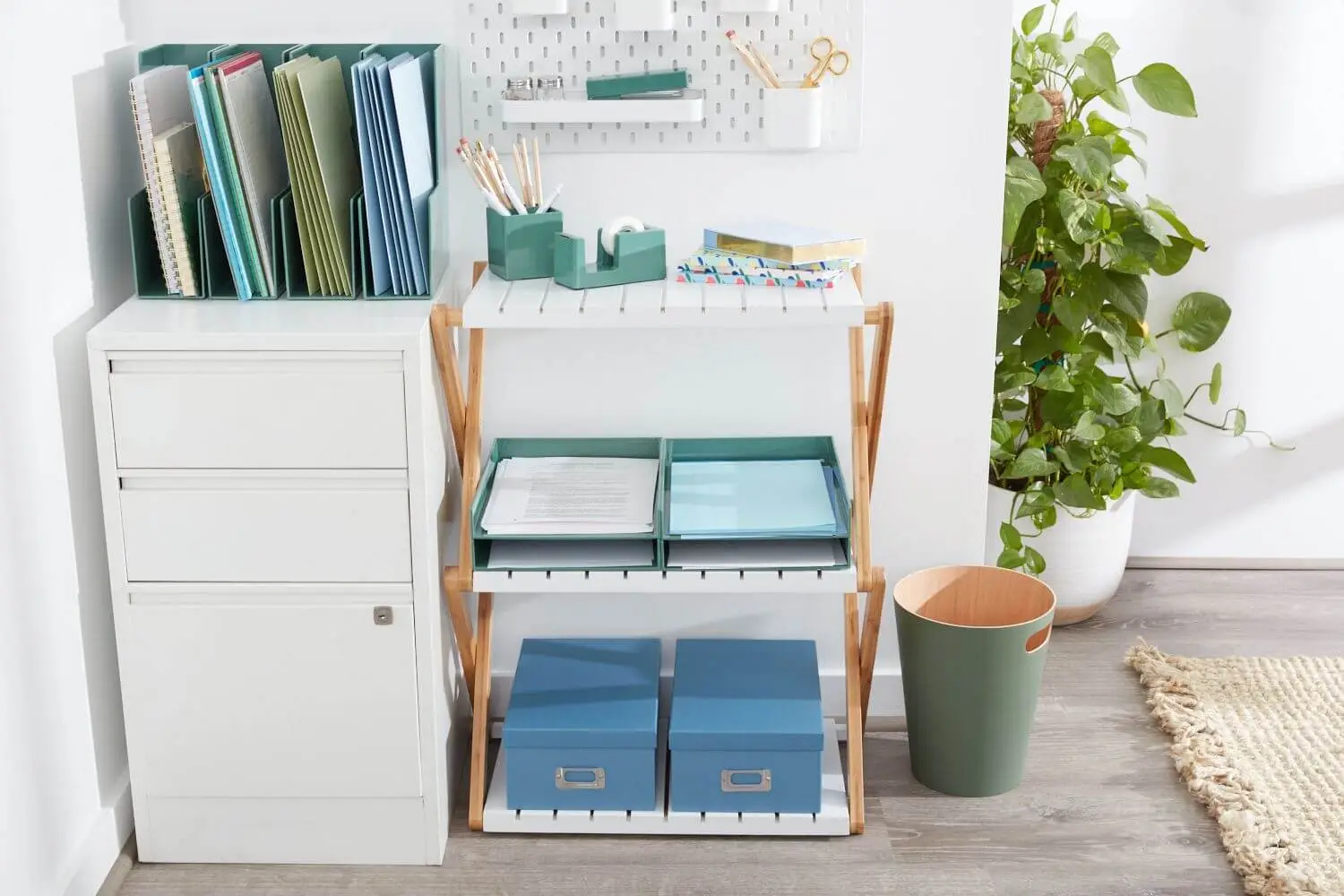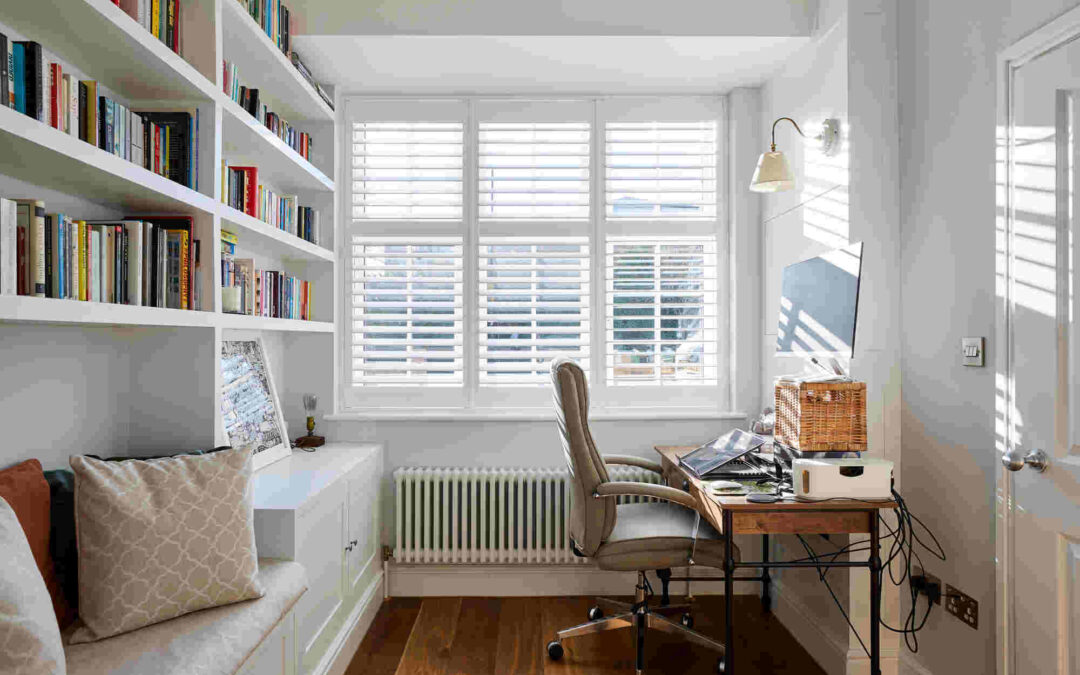Working from home has become the new norm for many professionals, and having a well-organized home office space is essential for productivity and success. If you’re based in New Jersey and looking to elevate your home office setup, you’re in the right place. Here at Project Neat, we will delve into the world of expert home office organization in New Jersey, exploring the basics, planning tips, implementation strategies, and maintenance practices to keep your workspace efficient and inspiring. Whether you’re a remote worker, freelancer, or entrepreneur, mastering home office organization is key to achieving your goals and thriving in your professional endeavors. Let’s dive in and transform your home office into a powerhouse of productivity and creativity.
Understanding the Basics of Home Office Organization
Creating a well-organized home office starts with understanding the basics of organization. This section will provide you with a solid foundation on which to build your organized workspace. Here, we will explore the importance of home office organization and the benefits it brings to your productivity and well-being.Why is Home Office Organization Important?
Having an organized home office offers numerous advantages. Firstly, it enhances productivity by creating an environment that is conducive to focus and concentration. When your space is clutter-free and everything has a designated place, you can easily locate your essentials and minimize distractions.Secondly, an organized home office promotes efficiency. With a streamlined setup, you can optimize your workflow, easily access the tools and resources you need, and make the most of your time.Thirdly, a well-organized workspace contributes to reduced stress levels. Clutter and disorganization can lead to feelings of overwhelm and hinder your ability to stay focused. On the other hand, an organized office environment promotes a sense of calm and allows you to approach your work with clarity and purpose.Assessing Your Home Office Needs
Before diving into organizing your home office, it’s crucial to assess your specific needs. Consider the nature of your work, the tools and equipment you require, and the amount of space available. Ask yourself the following questions:- What tasks do you primarily perform in your home office?
- What equipment and supplies are essential for your work?
- How much storage space do you need for your files and materials?
- Do you require additional space for meetings or client interactions?
- Are there any specific ergonomic considerations, such as a comfortable chair or adjustable desk?
Designing an Effective Home Office Layout
The layout of your home office plays a significant role in your productivity and comfort. Consider the following tips when designing your workspace:- Choose a quiet and well-lit area: Position your office in a location that minimizes distractions and maximizes natural light.
- Consider ergonomics: Invest in a comfortable chair, an adjustable desk, and proper lighting to support good posture and reduce strain.
- Separate work and personal areas: If possible, create a dedicated workspace separate from your living or sleeping areas to maintain boundaries and focus.
- Arrange your essentials within arm’s reach: Organize your frequently used items, such as pens, notebooks, and a phone charger, in a way that is easily accessible from your desk.
Planning Your Home Office Space
Once you understand the basics of home office organization, the next step is to plan your home office space. This section will guide you through the process of effectively utilizing your available space and creating a workspace that meets your specific needs.Assessing Your Available Space
Start by evaluating the area you have designated for your home office. Measure the dimensions of the room and take note of any architectural features or limitations, such as windows, doors, or built-in furniture. This assessment will help you determine how to best utilize the available space.Consider the following questions:- How much square footage do you have for your home office?
- Are there any architectural elements that may impact the layout?
- Are there any restrictions on furniture placement?
Defining Your Home Office Zones
Dividing your home office into specific zones can help optimize your workflow and organization. Consider the different activities you engage in and define zones accordingly. Some common zones include:- Workspace: This is where you will spend most of your time working at your desk or computer. It should be equipped with all the essentials you need to perform your tasks efficiently.
- Storage: Allocate an area for storing documents, supplies, and equipment. This can be in the form of shelves, cabinets, or drawers.
- Reference: Create a zone for reference materials such as books, manuals, or industry-specific resources. This area should be easily accessible when you need to consult or refer to these materials.
- Meeting or Client Area: If you frequently meet clients or collaborators, consider dedicating a specific area for these interactions. This can be a separate seating area or a designated space within your office.

Selecting Appropriate Furniture and Equipment
Choosing the right furniture and equipment is crucial for a functional and comfortable home office. Consider the following factors when selecting your office essentials:- Desk: Select a desk that accommodates your work style and provides ample workspace. Consider factors like size, storage options, and ergonomics.
- Chair: Invest in a supportive and adjustable chair that promotes good posture and reduces the risk of discomfort or injury.
- Storage Solutions: Evaluate your storage needs and select appropriate options such as shelves, cabinets, or file drawers. Consider both physical storage for documents and supplies, as well as digital storage solutions for files and data.
- Lighting: Ensure that your workspace is well-lit with a combination of natural and artificial lighting. Consider task lighting to illuminate your work area adequately.
- Technology: Determine the necessary technology equipment for your work, such as a computer, printer, scanner, and any specialized tools or software.
Implementing Office Organization Strategies
Once you have planned your home office space, it’s time to implement effective office organization strategies. This section will provide you with practical tips and techniques to declutter your office starting with your desk, optimize storage solutions, manage cables and wires, and organize your digital files.Organizing Your Desk for Maximum Productivity
A cluttered desk can hinder your productivity and make it challenging to focus on your tasks. Here are some tips to organize your desk effectively:- Clear the surface: Start by removing everything from your desk and only keep the essentials within reach.
- Sort and categorize: Group similar items together, such as pens, notepads, and office supplies. Use drawer dividers or small containers to keep them organized.
- Minimize paper clutter: Digitize or file away documents whenever possible to reduce paper accumulation. Utilize folders, trays, or a filing system to keep important papers organized and easily accessible.
- Use desk organizers: Invest in desk organizers such as pen holders, document trays, or cable organizers to keep your desk tidy and efficient.
- Create a system: Establish a routine for handling incoming paperwork, such as sorting and filing them immediately or setting designated times for processing and organizing.
Utilizing Storage Solutions
Effective storage solutions are essential for maintaining an organized home office. Consider the following tips:- Use vertical space: Install shelves or wall-mounted storage units to maximize vertical space and keep items off the floor and desktop.
- Invest in storage containers: Utilize storage containers, bins, or baskets to group and store similar items. Label them for easy identification.
- File organization: Establish a filing system for your documents, whether physical or digital. Sort papers into categories and use file folders or binders to keep them organized.
- Purge regularly: Regularly assess your storage areas and get rid of items that are no longer needed or relevant. This will help you maintain a clutter-free and efficient workspace.
Managing Cables and Wires
Cable management is crucial for an organized and safe home office. Here’s how you can keep your cables and wires under control:- Label cables: Use cable ties or labels to identify and differentiate cables, making it easier to trace and manage them.
- Conceal cables: Use cable management solutions such as cable clips, cable sleeves, or cable trays to keep your cables neatly organized and hidden from view.
- Wireless technology: Consider using wireless devices and chargers to reduce the number of cables on your desk.
Organizing Digital Files
Digital organization is equally important in a home office. Consider the following tips for organizing your digital files:- Create a file structure: Establish a logical and consistent folder structure for your digital files. Categorize them based on projects, clients, or specific topics.
- Use descriptive file names: Give your files descriptive and meaningful names to easily identify their contents.
- Backup and sync: Regularly back up your files and consider using cloud storage or file synchronization services to ensure accessibility and security.
- Declutter your digital space: Delete unnecessary files and folders regularly to avoid clutter and improve search efficiency.
Maintaining Your Organized Home Office
Once you have implemented effective organization strategies in your home office, it’s important to establish practices and habits to maintain the organization over time. This section will provide you with tips and guidelines to help you keep your home office organized and clutter-free on an ongoing basis.Setting a Regular Cleaning Schedule
Maintaining a clean and tidy workspace is essential for productivity and focus. Consider the following tips for setting a regular cleaning schedule:- Daily maintenance: Dedicate a few minutes at the end of each workday to tidy up your desk, put away any items that have been used, and clear any clutter.
- Weekly cleaning: Set aside a specific time each week to thoroughly clean your home office. Dust surfaces, wipe down your desk and equipment, and clean any windows or glass surfaces.
- Monthly deep clean: Once a month, take the opportunity to do a more thorough cleaning of your office space. This can include cleaning out drawers, decluttering shelves, and organizing storage areas.

Creating a System for Paperwork
Paperwork can quickly accumulate in a home office, leading to clutter and disorganization. To maintain an organized system for managing paperwork, consider the following tips:- Sort and file immediately: When new documents come in, sort them immediately and file them in the appropriate folders or storage systems. Avoid letting papers pile up on your desk.
- Digitize when possible: Whenever feasible, digitize documents to reduce paper clutter. Use a scanner or smartphone app to create digital copies that can be stored electronically.
- Shred or recycle unnecessary papers: Regularly go through your files and shred or recycle any papers that are no longer needed. This will help prevent unnecessary accumulation.
Incorporating Habits for Continuous Organization
In addition to regular cleaning and managing paperwork, it’s important to incorporate habits that promote continuous organization. Consider the following habits to maintain an organized home office:- Clear your desk at the end of each workday: Before you finish for the day, take a few minutes to clear your desk of any unnecessary items and put them away in their designated places.
- Practice the “one in, one out” rule: For every new item you bring into your home office, remove one item that is no longer needed. This helps prevent clutter from accumulating over time.
- Regularly review and declutter: Set aside time at regular intervals to review your office space and declutter any items that are no longer useful or relevant.
- Stay organized digitally: Continuously organize and manage your digital files by deleting unnecessary files, updating folder structures, and backing up important data.
Hiring a Professional Organizer in New Jersey
While implementing organization strategies on your own can be effective, sometimes it can be beneficial to seek the assistance of a professional organizer, especially if you feel overwhelmed or lack the time to tackle the project on your own. In this section, we will discuss the benefits of hiring a professional organizer in New Jersey, how to find reputable organizers, and what to expect from their services.When to Consider Hiring a Professional
Hiring a professional organizer can be a valuable investment in your home office organization journey. Consider the following situations when it may be beneficial to seek their assistance:- Overwhelming clutter: If your home office is filled with clutter and you’re unsure where to start, a professional organizer can provide guidance and expertise to help you declutter and organize effectively.
- Time constraints: If you have a busy schedule and find it challenging to dedicate time to organizing your home office, a professional organizer can take on the task and save you valuable time.
- Lack of organization skills: If you struggle with organizing and maintaining a system, a professional organizer can help you develop strategies tailored to your specific needs and habits.
Finding Reputable Organizers in New Jersey
When it comes to finding a professional organizer in New Jersey, consider the following steps:- Referrals and recommendations: Seek recommendations from friends, family, or colleagues who have previously worked with a professional organizer. Their firsthand experiences can provide valuable insights.
- Online directories and reviews: Utilize online directories or platforms that list professional organizers in New Jersey. Read reviews and testimonials to gauge their reputation and quality of service.
- Professional organizations: Check if the organizers you are considering are members of professional organizations such as the National Association of Productivity and Organizing Professionals (NAPO) or the Institute for Challenging Disorganization (ICD). These memberships can indicate their commitment to professional standards.
What to Expect from a Professional Organizer
When hiring a professional organizer, you can expect the following from their services:- Assessment: A professional organizer will assess your home office, understand your specific needs and goals, and develop a customized plan for organizing your space.
- Hands-on organizing: They will work with you to declutter, sort, and organize your home office efficiently. They will provide guidance, teach you organization techniques, and offer practical solutions.
- System implementation: A professional organizer will help you establish sustainable systems and habits to maintain an organized space in the long term.
- Guidance and support: They will offer ongoing support and guidance throughout the organizing process, answering questions, providing resources, and motivating you to stay on track.

